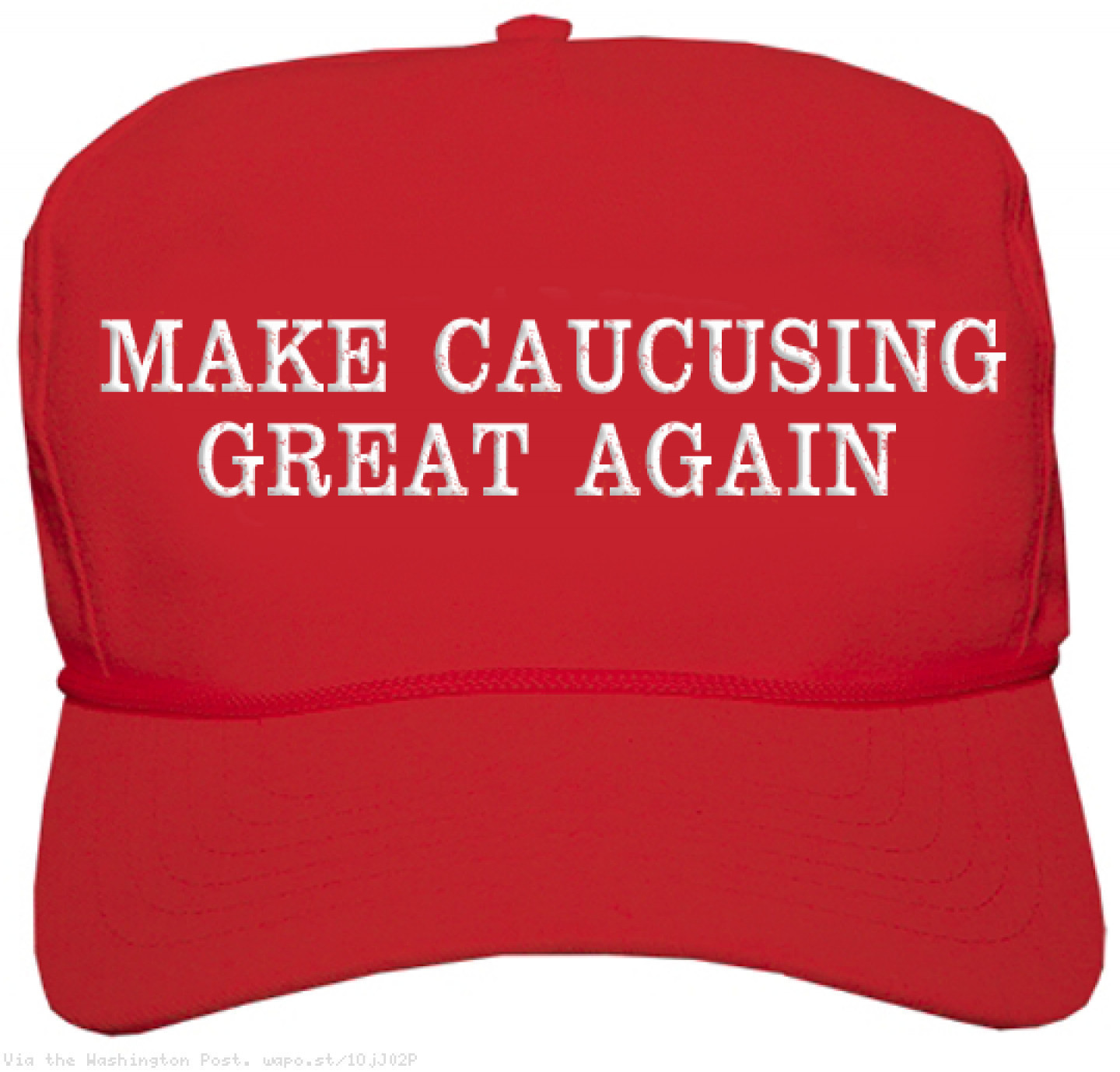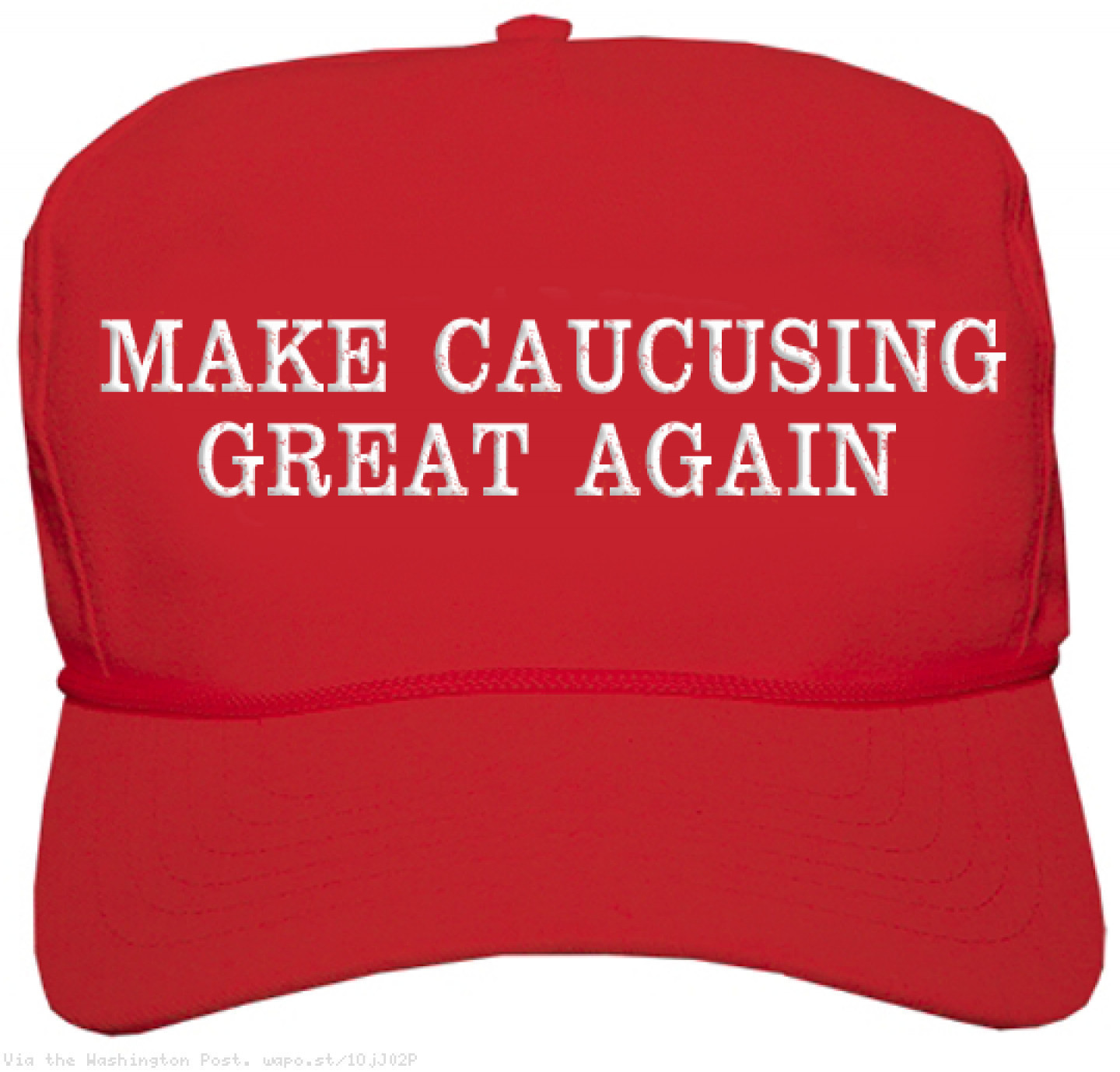It is common knowledge that an intoxicated person may be held liable for causing injury to another. The question arises, however, if a purveyor of alcohol or social host would be held liable for the harm caused by a person consuming alcohol on their premises. The laws vary quite a bit from state to state; this commentary will focus on the liability for Nevada businesses and social hosts.
Social Host Liability is Limited
Unlike many other States, Nevada does not hold purveyors or social hosts liable for the behavior of their guests, so long as the guests are at least twenty-one years of age. Because there are so many different places where a guest could drink without a bar employee or social host having actual knowledge of how much liquor the guest has consumed, the legislature could not find a reasonable basis to declare these third parties liable for the actions of their patrons.
There is an exception. If a minor (person less than twenty-one years old) consumes alcohol at a residence or business, the host or seller may be held liable for the damage caused by the underage individual. NRS 41.1305 is instructive:
NRS 41.1305 Liability of person who serves, sells or furnishes alcoholic beverages for damages caused as a result of consumption of alcoholic beverage: No liability if person served is 21 years of age or older; liability in certain circumstances if person served is under 21 years of age; exception to liability; damages, attorney’s fees and costs.
1. A person who serves, sells or otherwise furnishes an alcoholic beverage to another person who is 21 years of age or older is not liable in a civil action for any damages caused by the person to whom the alcoholic beverage was served, sold or furnished as a result of the consumption of the alcoholic beverage.
2. Except as otherwise provided in this section, a person who:
(a) Knowingly serves, sells or otherwise furnishes an alcoholic beverage to an underage person; or
(b) Knowingly allows an underage person to consume an alcoholic beverage on premises or in a conveyance belonging to the person or over which the person has control, is liable in a civil action for any damages caused by the underage person as a result of the consumption of the alcoholic beverage.
But what does “knowingly” mean? If construed in its most strict sense, so long as the dram shop (the old legal term for alcohol sellers) had no actual knowledge that the patron is underage (meaning, that the minor never actually informed the bar employee that he is not at least twenty-one), then there would be no liability for the establishment or the employee. This is an incorrect reading of the law.
The Legislative Counsel’s Digest (This is where the legislature leaves notes so that the public can have a better understanding of what they intend a law to mean), from 29 May 2007, is helpful:
[The legislation] makes a person liable in a civil action for damages caused as a result of the consumption of alcohol by an underage person if he knowingly served, sold or furnished alcohol to the underage person or allowed the underage person to consume alcohol on premises or in a conveyance belonging to him or over which he had control. (Emphasis added).
I think we can safely say that a strict construction of the term “knowingly” is inappropriate. By assigning civil liability to those who “allow” minors to consume alcohol on his or her premises, the legislature requires hosts and servers of alcohol to take reasonable care in preventing minors from drinking at their establishments. This includes, but is not limited to, verifying the age of guests or patrons.
Since the Gaming Board does not look kindly upon serving underage individuals, there is a strong incentive for businesses to verify the age of their bar patrons. However, for a regular person just hosting a few (dozen?) folks at his or her home, he or she will want to verify the age of the guests before serving them. Although the Gaming Board has no power to take a license away from you, the potential for being sued because of the irresponsibility of one of your underage guests, should be plenty of incentive to ensure everyone is of age.








 In October, same-sex marriage officially became legal across the state of Nevada. This will now change the way same-sex couples in Nevada conduct their estate planning. It is important that these married couples take the necessary steps to take advantage of their new legal rights and adjust their estate plans accordingly.
In October, same-sex marriage officially became legal across the state of Nevada. This will now change the way same-sex couples in Nevada conduct their estate planning. It is important that these married couples take the necessary steps to take advantage of their new legal rights and adjust their estate plans accordingly.
Online Comments and Defamation, Are You At Risk?
How safe is it to share your opinions online? Just because you see lots of other folks online stating things that look defamatory, does that mean you cannot be sued? First we will discuss what defamation is, how best to understand it in our online comment era, and finally, how Nevada law protects the rights of her citizens to express their opinions online.
What is Defamation?
Defamation is a false statement of fact that causes damage to another, usually financial or reputational damage. There are two types of defamation:
Slander: verbal defamation
Libel: written defamation
Written defamation, libel, includes what is written in print and online. Because we are concerned with online comments, this will be a discussion of libel.
Because libel must be a false statement of fact, if you can prove you were telling the truth, the libel case will not stand. This is an easy defense to a libel accusation. There is a second common defense to a libel suit, that the alleged statement was one of opinion, not fact. This is where things get tricky..
The Statement of Opinion Defense to Defamation
On its face, it seems that it would be easy to determine if a statement is one of fact or opinion.
For example, “Steven (not based on any real person!) is not nice to the people around him” is an opinion and therefore, not defamation.
“Steven stole $100 from a little old lady” is a factual statement, and if it were to cause damage to Steven’s life (like if you uttered this statement to Steven’s boss and he lost his job), then the statement could very well be libel.
Ok simple enough, right? But what if the statement is factual, but couched in the form of an opinion? “I think Steven stole $100 from a little old lady.” The law will not permit you to defame someone just by adding the “I think” qualifier; specific defamatory statements (expressed as an opinion) that caused harm for the subject of the statement could indeed be defamatory. It all depends on the circumstances (a la, you may need an attorney’s assistance at this juncture).
Now I ask you to consider our current age, where folks use many different internet forums (Facebook, Yelp, Twitter, just to name a few), to express their opinions not only about other people, but about the products and services of corporations. How do you think very wealthy corporations respond online comments they feel are defamatory?
Nevada’s anti-SLAPP Legislation
The Nevada legislature has passed a law to protect its citizens from Strategic Lawsuits to Prevent Public Participation (called SLAPP lawsuits). Nevada’s anti-SLAPP law is one of the most stringent anti-SLAPP laws in the country. A few highlights from the updated 2013 law:
A Potential Revision to the Anti-SLAPP law?
Before you close out this window and give a corporation a piece of your mind, know that there may be yet another change on the horizon. In late April of 2015, the Nevada Senate held hearing discussing Senate Bill 444, which would revise the current statute and possibly scale back the protections of the current law. The bill made it out of the Nevada Senate with an unanimous vote, and is currently being debated in the Assembly.
In the same way you do not evaluate the quality of a sausage until it has a casing, we will have to wait and see what becomes of Senate bill 444 before drawing any conclusions. Regardless, use prudence as you make your online comments; once submitted, you will not be able to prevent the consequences.